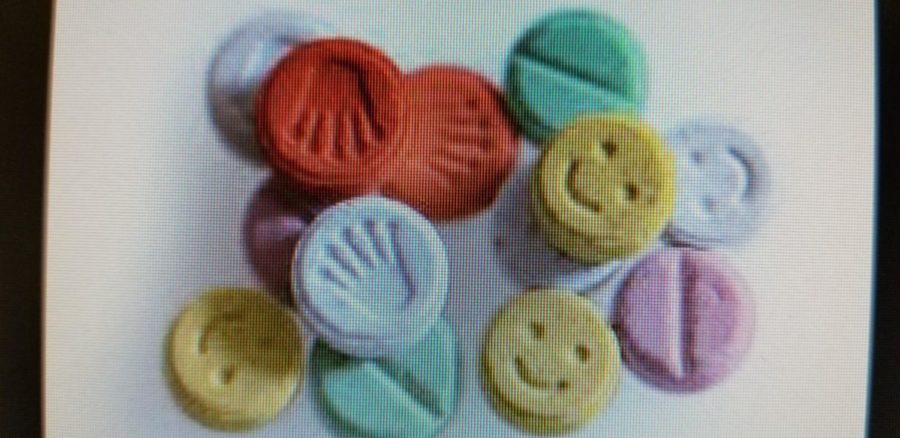Psychedelics Research For Mental Health Patients
Psychedelic research is a fairly new field, with huge prospect
The first center for psychedelic research has opened this past week, located at the Imperial College in London, England. The center was funded over £3 million by five different donors. The center is led by Dr. Robin Carhart-Harris. The research being conducted will study the use of psychedelics to treat people with mental health conditions like PTSD, depression, and anorexia.
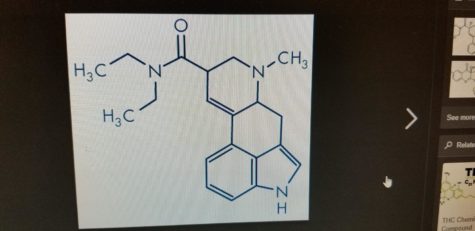
Post-Traumatic Stress Disorder (PTSD) is a mental condition in which victims experience severe mental or physical trauma. The majority of PTSD victims are veterans, people that have been in car accidents, or natural disasters. As a result, the parts of their brain that control their memories and emotions are severely damaged, they have a hard time doing normal tasks in their life. They often suffer from nightmares, flashbacks, difficulty sleeping, being easily startled and irritability.
They can be prescribed therapy, antidepressants or SSRI’s which have helped many patients in the past, but for some are only a temporary solution or have no affect at all. Therapy can be helpful as long as the patient attend regularly. The therapist can theoretically change the way the patient feels, and thinks about the event that caused their condition. This is called cognitive processing therapy. The medication that is prescribed suppresses the brain’s stress signals, to keep their anxiety levels down, but allows patients to be treated easily with a daily dose of meds. This can cause major side-affects such as nausea, insomnia, agitation. Finding a treatment with minimal to no side-affects was not possible in the past. Patients turned to substance abuse, anger management issues, or commit suicide.
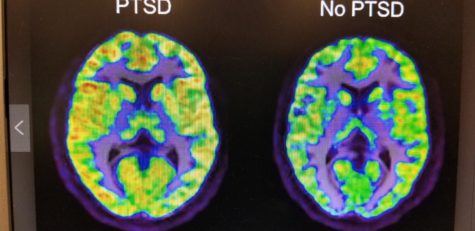
MRI scan of the brain, which shows the neuron damage in a ptsd patient
In studies with controlled use of Psilocybin, there have been notable improvements in the patient’s with PTSD and depression. Psilocybin, the psychoactive chemical in magic mushrooms has been proven to stimulate the growth of nerve cells in the memory and emotional part of the brain. Over a 6 month study, cancer patients were given randomly 0.3 milligrams/kg dose of psilocybin, others were given 250 mg of niacin which produces similar effects to magic mushrooms. Patients after the study felt that their quality of life improved and they felt their quality of life improved. They noted that they wanted to engage more with external activities, had more energy, experienced improved relationships with their family members, and performed better at work. When asked about the use of psychedelics being prescribed to patients, Lafayette Senior Matt Zayas commented, “I think that anything that helps patients that isn’t opioids is beneficial, because they aren’t addictive.”
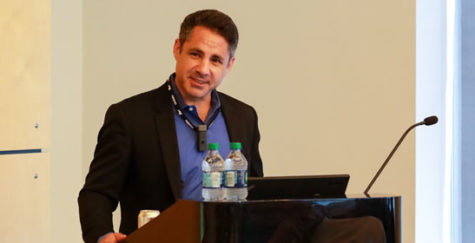
Stephen Ross outlines his findings of the psychedelic study.
Stephen Ross, a psychiatrist at NYU who led the cancer study, told an interviewer at NYU that the findings“…have the potential to transform the care of cancer patients with psychological and existential distress, but beyond that, it potentially provides a completely new model in psychiatry of a medication that works rapidly as both an antidepressant and anxiolytic and has sustained benefit for months.”.
MDMA has also been used in a study with PTSD therapy patients. Patients are given a single dose of MDMA before doing an eight hour therapy session. Of the 12 patients who received MDMA, 10 of them (83%) showed significant relief of their PTSD symptoms. In the placebo group, only two out of the eight patients (25%) showed improvement with the same psychotherapy support.
In an interview with Dr. Harris, he states that “this new Centre demonstrates the real commitment of the funders and of the College to rigorous investigation of what has been, until recently, a fringe area of medical science. Through this and other aspects of our internationally leading neuro pharmacological research, we may one day be able to better address the widespread and serious mental health conditions that can devastate people’s lives and for which there are currently few effective treatments.”
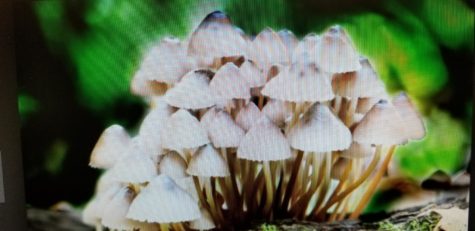
Magic mushrooms are the source of psilocybin, which is being used in studies
When asked about how much psychedelics will help patients, LHS Senior Steven Little states that “I don’t think it will fix much because those substances are addictive and can create further problems for people. There are some drawbacks to using such a stigmatized “medication”.” While it could help aid patients with their mental conditions, using psychedelics could impact their motivation to go to work, be live an active lifestyle.
